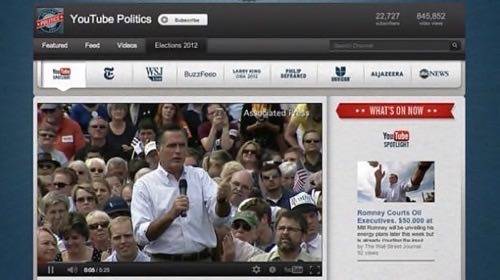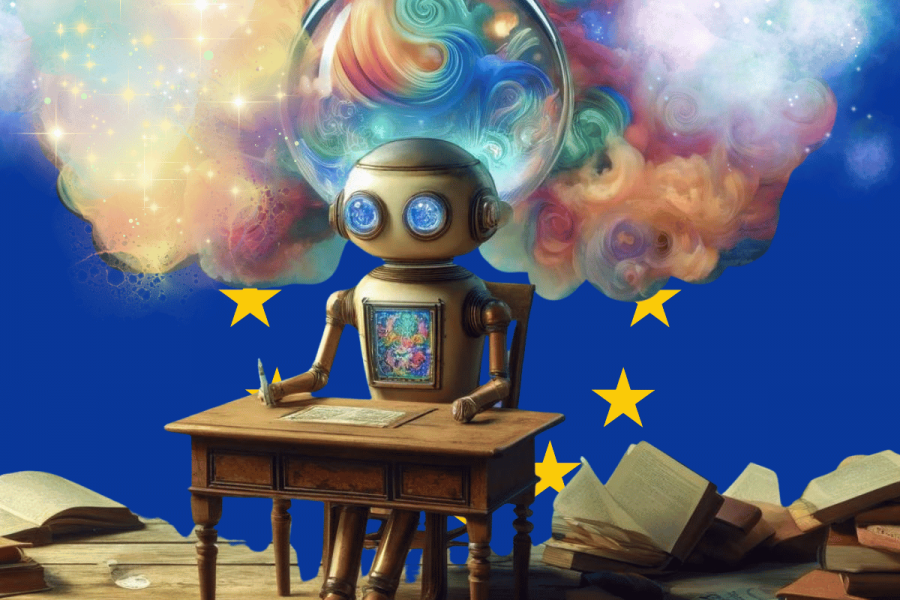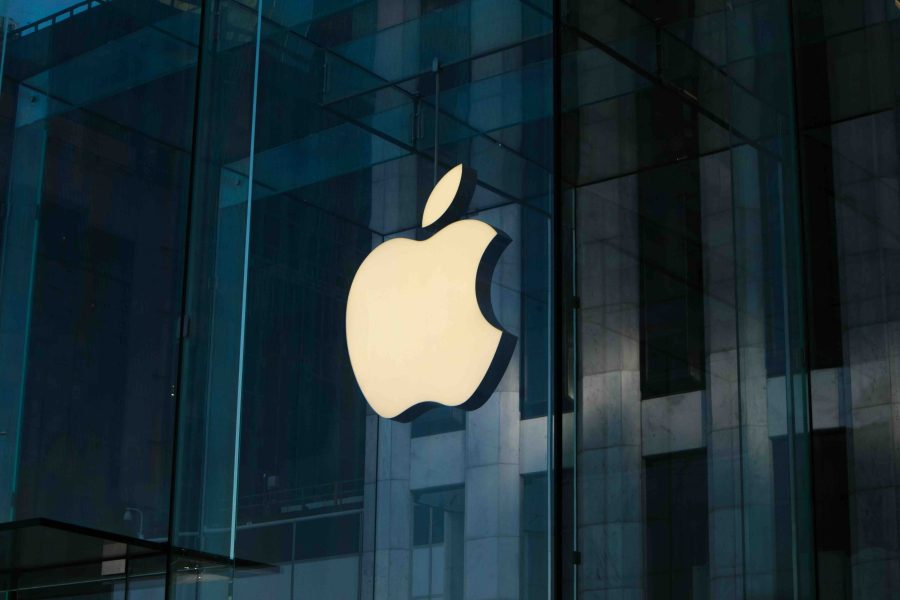
NBC, CBS, ABC: Watch out, Google has you in its sights. If the company has its way, viewers looking to follow the U.S. elections won’t tune in to network and cable news outlets – they’ll log on to YouTube.
To achieve this, the company launched the YouTube Election Hub, a multi-sourced video channel designed to aggregate coverage and commentary from across media outlets old and new. Alongside clips from the likes of ABC News, Al Jazeera, Wall Street Journal and BuzzFeed is a curated feed of videos from other sources. YouTube will also be streaming debates and other important election-related events live from this landing page.
In 2008, Net-centric viewers could stream the presidential debates from a laptop hooked up to one’s TV, but not in a particularly elegant fashion. This year, debates and other key events will all be housed on YouTube’s new politics channel, which can be accessed from the browser, AirPlayed to an Apple TV or viewed on any of the native YouTube apps for Boxee, Apple TV or Roku. For cord-cutting Americans who just jumped through hoops to watch the Summer Olympics, the election season should be relatively painless.
But Google’s plan promises to be much more than that: It may be a glimpse of the post-television future. Funneling everything onto one page potentially will give viewers a 360-degree view of November’s elections, candidates and issues. By collecting a range of sources and perspectives in a single hub on a very popular site, YouTube will break down the institutional and ideological barriers have have historically existed between outlets.
It sounds Quixotic, but if anyone can beat the networks at their own game, it’s the Google/YouTube colossus. By virtue of its size and relationships with content owners, YouTube stands uniquely positioned to make a major impact. Television is still very much dominant, to be sure. But YouTube has been aggressively repositioning itself to compete more directly with traditional TV, and it has already eclipsed radio as a source of free music among U.S. teens. Depending on how viewers react, the elections may end up being a referendum not only on the state of union, but on the future of television.





















